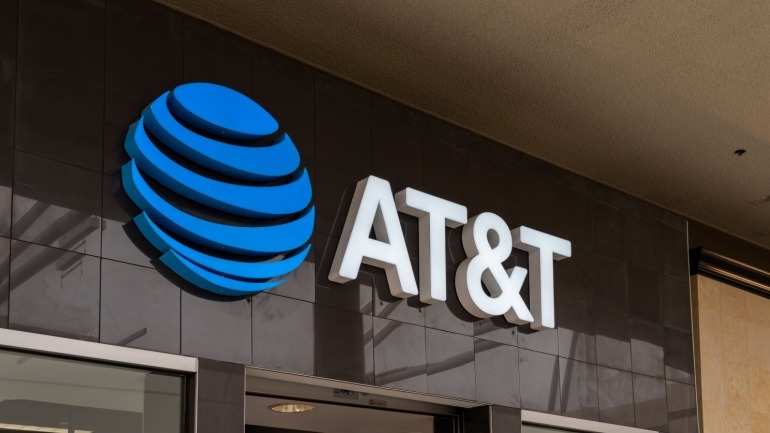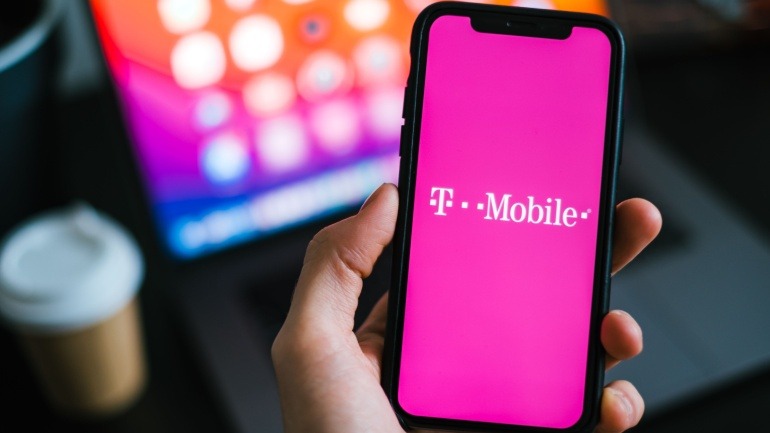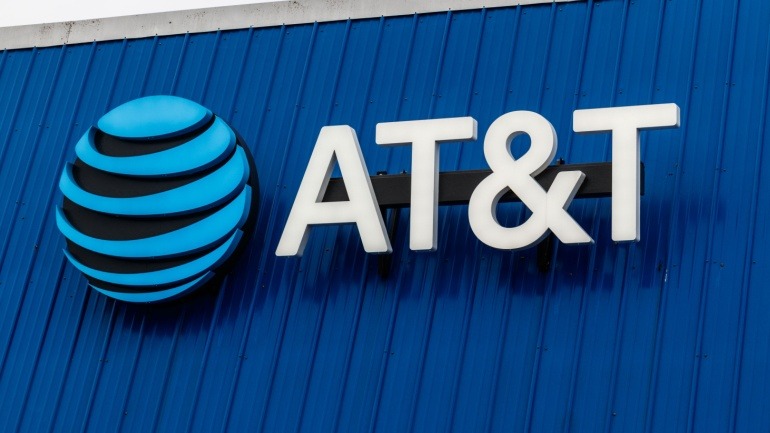AT&T’s recent shutdown of its DEI initiatives aims to gain a crucial spectrum deal with UScellular. By acquiring key spectrum bands, AT&T intends to strengthen its competitiveness in the mobile market. This step echoes a broader industry trend, as telecoms prioritize business expansion over diversity commitments, stirring contentious debates.
T-Mobile US demonstrated its robust 5G capabilities during the Formula 1 weekend in Las Vegas, spotlighting innovative 5G broadcast advancements as part of its ongoing partnership with F1. The carrier’s utilization of AI for enhanced network performance underlines its commitment to superior customer experiences and seamless service transitions, driving growth through strategic rural expansion.
In a surprising twist, EchoStar has reached a groundbreaking agreement with SpaceX to sell its AWS-3 spectrum licenses for $2.6 billion in stock. As SpaceX acquires these frequencies, the deal boosts its plans to offer direct-to-device services. This development aligns with EchoStar’s strategy to offload spectrum, creating potential VoIP opportunities by possibly enhancing SpaceX’s connectivity solutions in consumer and enterprise markets. Speculation is rampant regarding SpaceX leveraging this acquisition to expand into the cellular market, potentially positioning itself as a significant player. The integration of spectrum with satellite technology further intensifies competition and could revolutionize VoIP services.
In today’s global business landscape, seamless communication is essential. Many companies still rely on outdated telephony models leading to inefficiencies and inconsistent user experiences. A shift to cloud-first solutions integrated with platforms like Microsoft Teams can streamline operations, reduce costs, and enhance communication flexibility for multinational enterprises.
T-Mobile US is revolutionizing B2B offerings under the 5G Advanced framework, enhancing enterprise solutions with Edge Control and T-Platform. Edge Control focuses on minimizing latency, crucial for real-time business communications and IoT management. T-Platform provides comprehensive operational insights, enabling businesses to optimize performance and communication efficiencies.
As technology advances, VoIP providers transform customer experiences with real-time, personalized engagements. Moving beyond traditional metrics, they embrace AI-driven solutions, like chatbots, enhancing service. With generative AI, VoIP companies predict and resolve issues proactively, building trust and loyalty. This innovation positions carriers for growth in a competitive telecommunications landscape.
Wireless Logic’s acquisition of Zipit Wireless and Mtrex Networks marks a pivotal step in its US IoT expansion. With advanced billing and strategic partnerships with telecom leaders like AT&T and Verizon, Wireless Logic is poised to streamline IoT services, leveraging Zipit’s expertise to enhance its global VoIP communications and subscription models.
T-Mobile’s $4.4 billion acquisition of UScellular has significantly altered the U.S. wireless landscape, positioning T-Mobile ahead by expanding its spectrum assets and customer base. With the rebranding of UScellular to Array Digital Infrastructure, the company’s new focus is on tower and spectrum operations.
T-Mobile has launched T-Satellite, a direct-to-device service using Starlink’s satellites, to combat notorious ‘not spots’ in the US and beyond. The service, supporting over 60 smartphones, integrates with T-Mobile’s premium plans.
AT&T exceeded expectations in the second quarter, gaining over 400,000 postpaid phone subscribers while outpacing Verizon. The company plans major fiber expansion, retiring copper networks and investing billions to reach 60 million locations by 2030, aiming to sustain long term growth and financial stability.













